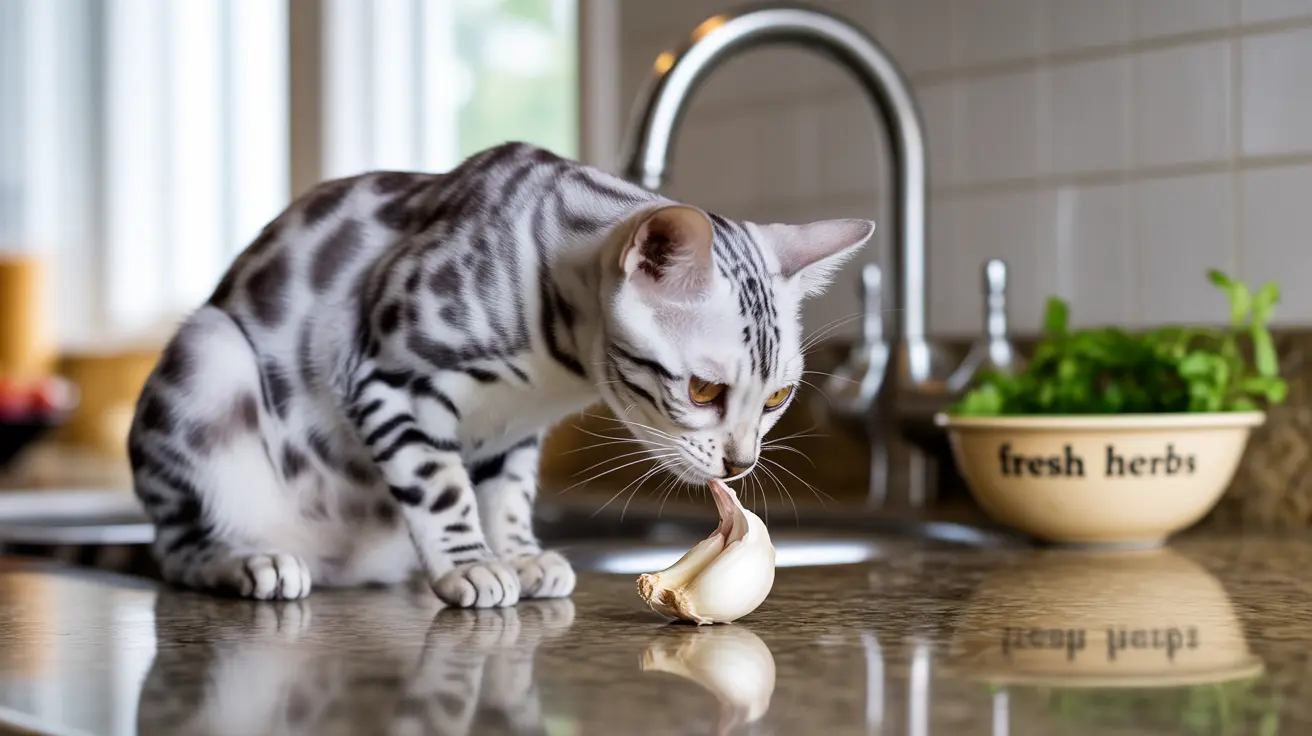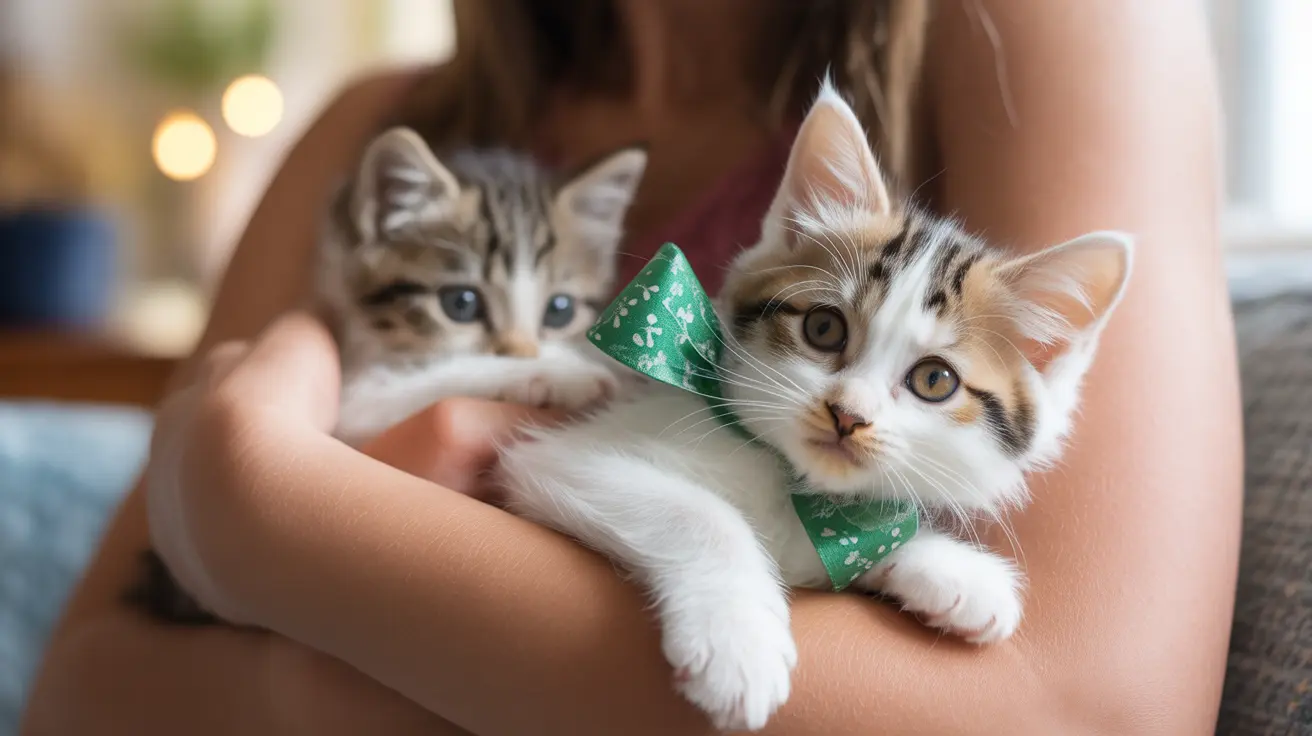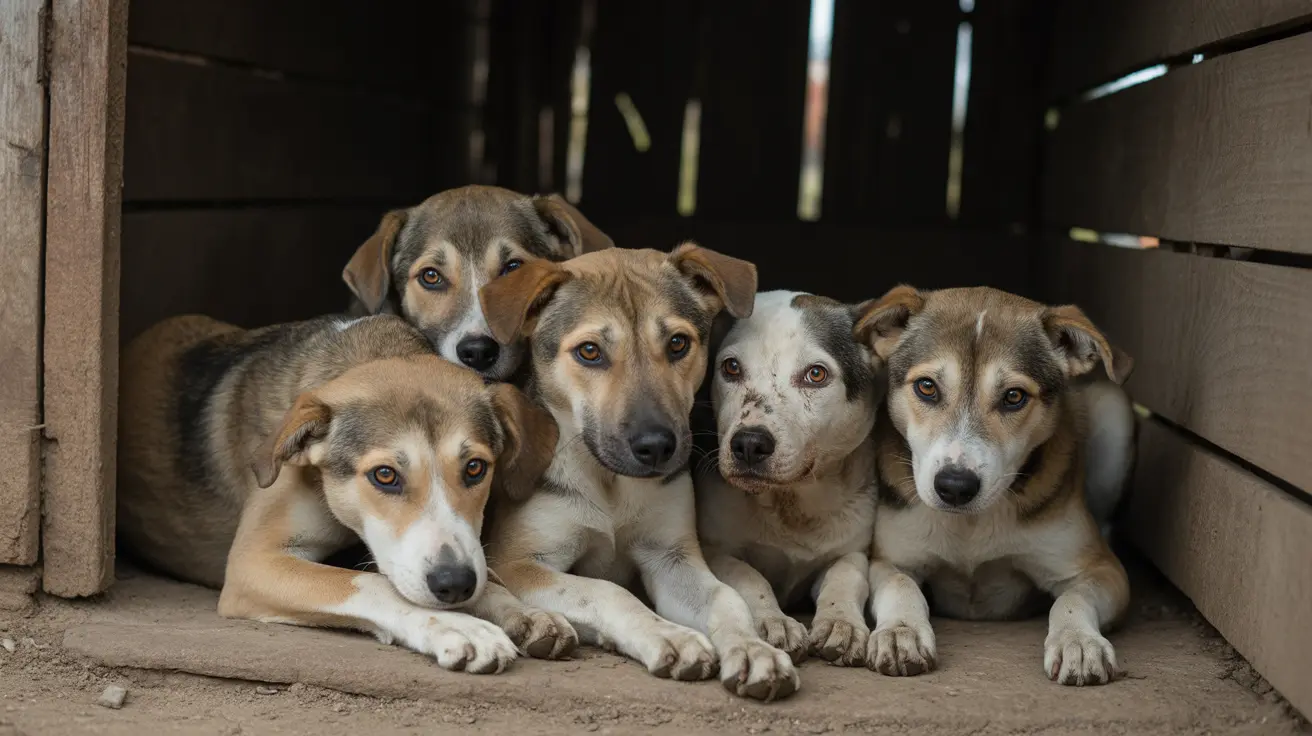If your cat ate garlic and appears fine, it's crucial to understand that this seemingly minor incident requires immediate veterinary attention. Garlic toxicity in cats is a serious condition that can lead to life-threatening complications, even when your feline friend shows no immediate signs of distress.
In this comprehensive guide, we'll explore why garlic is dangerous for cats, what symptoms to watch for, and the critical steps you need to take to protect your pet's health. Understanding the delayed nature of garlic poisoning could save your cat's life.
Understanding the Hidden Dangers of Garlic Toxicity
Garlic contains compounds called thiosulfates that are highly toxic to cats. These substances can cause severe damage to your cat's red blood cells, leading to a dangerous condition called hemolytic anemia. Even small amounts of garlic can be hazardous, and the effects may not be visible for several days after ingestion.
What makes garlic particularly dangerous is that cats have a much lower tolerance for these compounds compared to humans or even dogs. A single clove of garlic or a few bites of garlic bread could potentially cause serious health issues.
Immediate Actions to Take After Garlic Ingestion
If you discover your cat has consumed garlic or garlic-containing foods, take these steps immediately:
- Remove any remaining garlic-containing food from your cat's reach
- Document how much and what type of garlic was consumed
- Note the time of ingestion
- Contact your veterinarian or emergency animal hospital immediately
- Do not attempt to induce vomiting at home
Why Symptoms May Be Delayed
Many cat owners are deceived by their pet's initial normal behavior after eating garlic. The toxic effects typically develop over 2-5 days as the compounds gradually damage red blood cells. This delay can create a false sense of security, leading some owners to postpone seeking veterinary care.
Signs of Garlic Poisoning to Watch For
Monitor your cat closely for these symptoms:
- Lethargy and weakness
- Pale or yellowish gums
- Rapid breathing or difficulty breathing
- Loss of appetite
- Vomiting or diarrhea
- Dark-colored urine
- Collapse or extreme fatigue
Treatment and Recovery Process
Veterinary treatment for garlic toxicity typically involves:
- Immediate decontamination procedures if caught early
- Intravenous fluid therapy
- Blood tests to monitor red blood cell counts
- Possible blood transfusions in severe cases
- Supportive care and monitoring
Prevention Strategies
To protect your cat from garlic poisoning:
- Keep all garlic and garlic-containing foods secured away from your cat
- Read ingredient labels carefully
- Inform family members and guests about the dangers of feeding cats human food
- Store cooking ingredients safely
- Be cautious with supplements that might contain garlic
Frequently Asked Questions
My cat ate garlic but seems fine—should I still take them to the vet?
Yes, absolutely. The dangerous effects of garlic poisoning can take several days to appear. Early veterinary intervention is crucial for the best possible outcome, even if your cat appears healthy.
How long after my cat eats garlic will symptoms of poisoning appear?
Symptoms typically develop within 12 hours to 5 days after ingestion. This delay makes it critical to seek veterinary care immediately rather than waiting for symptoms to appear.
What are the common signs of garlic toxicity I should watch for in my cat?
Watch for lethargy, weakness, pale gums, rapid breathing, loss of appetite, vomiting, diarrhea, and dark-colored urine. These symptoms may develop gradually over several days.
Can I induce vomiting at home if my cat ate garlic or garlic bread?
No, never attempt to induce vomiting at home. This can be dangerous for cats and should only be done under veterinary supervision with appropriate techniques and medications.
What treatments can veterinarians provide if my cat is poisoned by garlic?
Veterinarians can provide decontamination procedures, IV fluids, blood monitoring, oxygen therapy, and blood transfusions if necessary. The specific treatment plan will depend on the severity and timing of the exposure.
Remember, when it comes to garlic exposure in cats, it's always better to err on the side of caution. Even if your cat seems fine after eating garlic, professional veterinary evaluation is essential for ensuring their safety and well-being.






